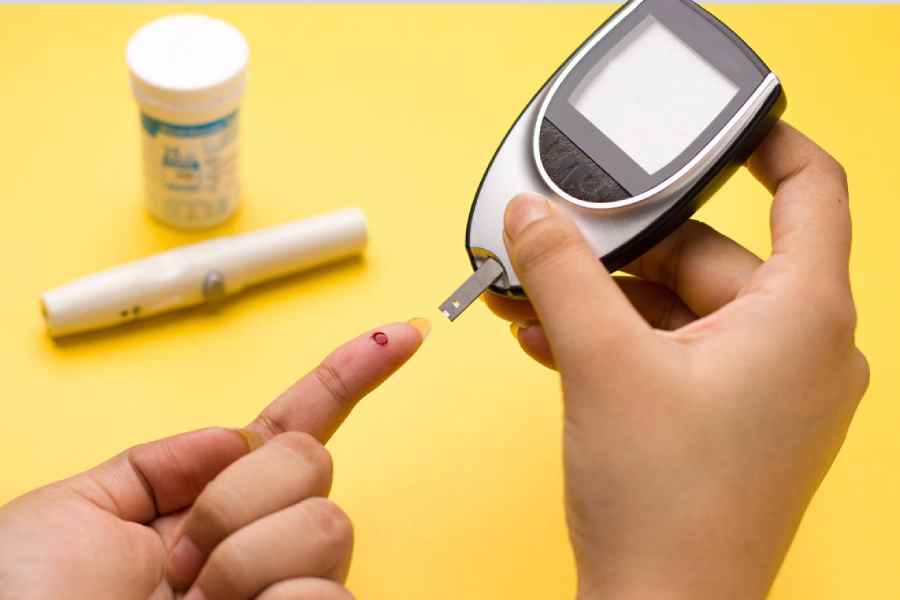Key diabetes drugs and insulin pens could be sold for profit at fractions of their current market prices, researchers have said in a study that they claim points to “exorbitant profiteering” by sections of the pharmaceutical industry.
The study, by the international humanitarian agency Medecins Sans Frontieres (MSF), has suggested that certain diabetes drugs are currently priced 95 times to 353 times their sustainable cost-based prices that take into account production costs and profits at sale.
The prices of some insulin pens are 2 to 28 times their cost-based prices,
according to the study, published on Wednesday in JAMA Network Open, a medical
journal.
The findings suggest that generic and biosimilar competition could reduce prices to more affordable levels and help expand diabetes treatment worldwide, the
researchers said.
The researchers calculated the production costs of new diabetes drugs, including the so-called GLP-1 agonists recommended as first-line treatment for patients with type-2 diabetes with additional cardiovascular risk factors or obesity, independently of the use of metformin, another diabetes drug.
The study estimated that GLP-1s could be sold at profit for US $0.89 per month compared to the price of US $95 per month charged in Brazil, US $115 per month charged in South Africa, and US $353 charged in the US, a media release from MSF said. The findings reveal “exorbitant corporate profiteering” on the new diabetes medications and insulin pens, MSF said.
GLP-1s are currently available only from two pharmaceutical corporations — as Trulicity (brand name) from Eli Lilly and as Ozempic from Novo Nordisk. MSF said the companies have not announced a price for low- and middle-income countries, nor have they licensed any generic manufacturers to produce them.
“These new drugs are an absolute game changer for people with diabetes, but are being kept out of the hands of hundreds of millions of people in low- and middle-income countries who need them,” Christa Cepuch, pharmacist coordinator at MSF’s access campaign and co-author of the study said.
Patents on both drugs pose barriers to generic production. “Eli Lilly and Novo Nordisk can in no way supply the world with the amount of these medicines needed to meet global demand, so they must relinquish their stranglehold and allow them to be produced by more manufacturers around the world,” Cepuch said in a media release from the MSF.
Email queries sent by this newspaper to Eli Lilly and Novo Nordisk on Wednesday seeking their perspectives on the study’s findings have not yet evoked a response.
The study also estimated that a pre-filled human insulin pen could be sold at profit at a price of US $0.94, compared with the US $1.99 price in South Africa, US $5.77 in India, and US $90 in the US. A long-acting analogue insulin pen could be priced at US $1.30, compared with the US $3.00 charged in South Africa, US $7.90 in India, and US $28.40 in the US, MSF said.
It is estimated that only about half the 63 million people with type-1 diabetes or type-2 diabetes, who require insulin worldwide, can access the medicine, MSF said.
“The study has busted the myth that insulin pens and new insulins have to be more expensive,” said Helen Bygrave, non-communicable disease adviser with MSF and another study co-author.
“Our study shows that it could be more affordable to use insulin pens for both human and analogue insulins instead of vials of human insulin injected with syringes,” Bygrave said in the media release.
The estimates for the cost-based prices of these new diabetes drugs should stir the Indian government into “encouraging” manufacturers in the country to establish a pipeline for generic versions, said Leena Menghaney, a lawyer with MSF’s access campaign initiative in New Delhi.











